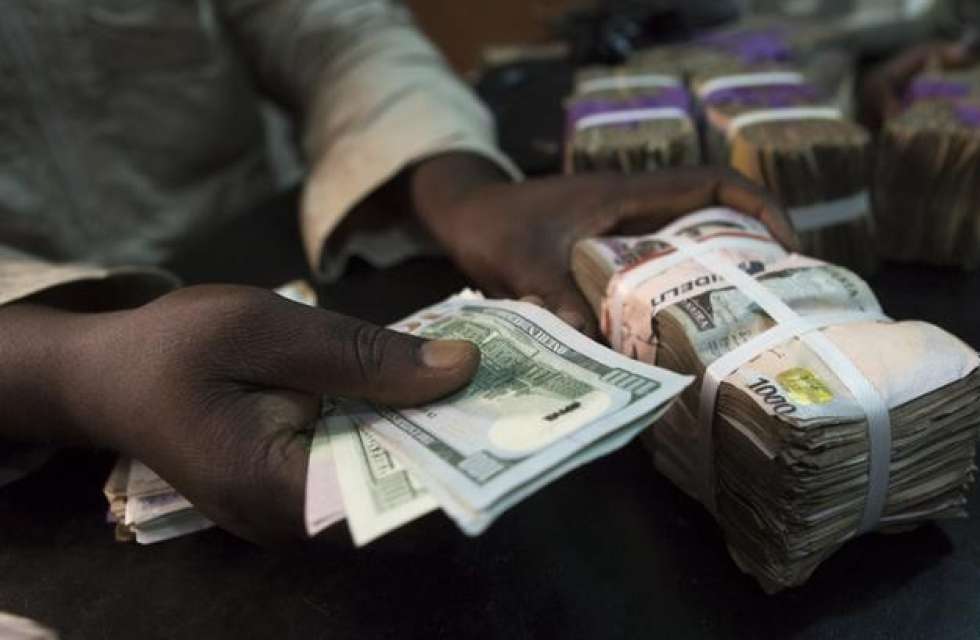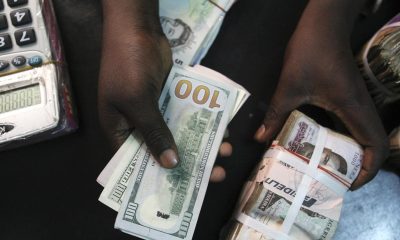Business
CBN Sells Forex To BDCs At ₦1,251 Per US Dollar As Naira Gains Value

The Central Bank of Nigeria (CBN) has confirmed to the Bureau De Change operators (BDCs) that it sold $10,000 to each BDC at an exchange rate of ₦1,251 per United States Dollar ($1), Naija News reports.
The apex bank is said to have revealed this in a recent circular obtained by Nairametrics.
Hence, BDCs are required to sell the allocated dollars to eligible customers at a maximum rate of 1.5% above the purchase price.
This implies that BDCs should not exceed the selling rate of ₦1,269/$1.
“We refer to our letter to you referenced TED/DIR/CON/GOM/001/071 in respect of the above subject wherein the CB approved a second tranche of sale of FX to eligible BDCs.
“We write to inform you of the sale of $10,000 to each BDC at the rate of ₦1,251/$1. The BDCs are to sell to eligible end users at a spread of NOT MORE THAN 1.5 per cent above the purchase price,” the Circular reads.
Naija News understands that the latest announcement indicates that the central bank has resumed selling dollars to BDC operators after a prolonged ban in 2021.
It could be recalled that the ban was lifted earlier in the year after the licenses of over 4173 BDC operators were revoked in February.
Reports revealed that the exchange rate dropped below ₦1,400/$1 in the parallel market, closing at ₦1,431/$1 on Friday, with the NAFEX rate at ₦1,382/$1.
With an estimated 1,500 BDC licenses remaining, over $15 million has reportedly been sold into the retail market.
This resumption of forex sales to BDCs indicates the central bank’s focus on enhancing liquidity in the retail segment of the forex market. Previously, price arbitrage was a significant reason for prohibiting forex sales to operators during Emefiele’s tenure when the exchange rate was fixed.
However, with the exchange rate now being “market-determined” under a new forex regime, the apex bank believes that operators no longer have the incentive to engage in arbitrage.
By improving liquidity, the central bank aims to stabilize the forex market, narrow the gap between official and parallel market rates, and reduce exchange rate volatility.
If maintained, it is predicted that the enhanced liquidity will potentially result in a more robust Naira in the near future.
This is additionally reinforced by the anticipated increase in MPR rates during the upcoming CBN meeting.




